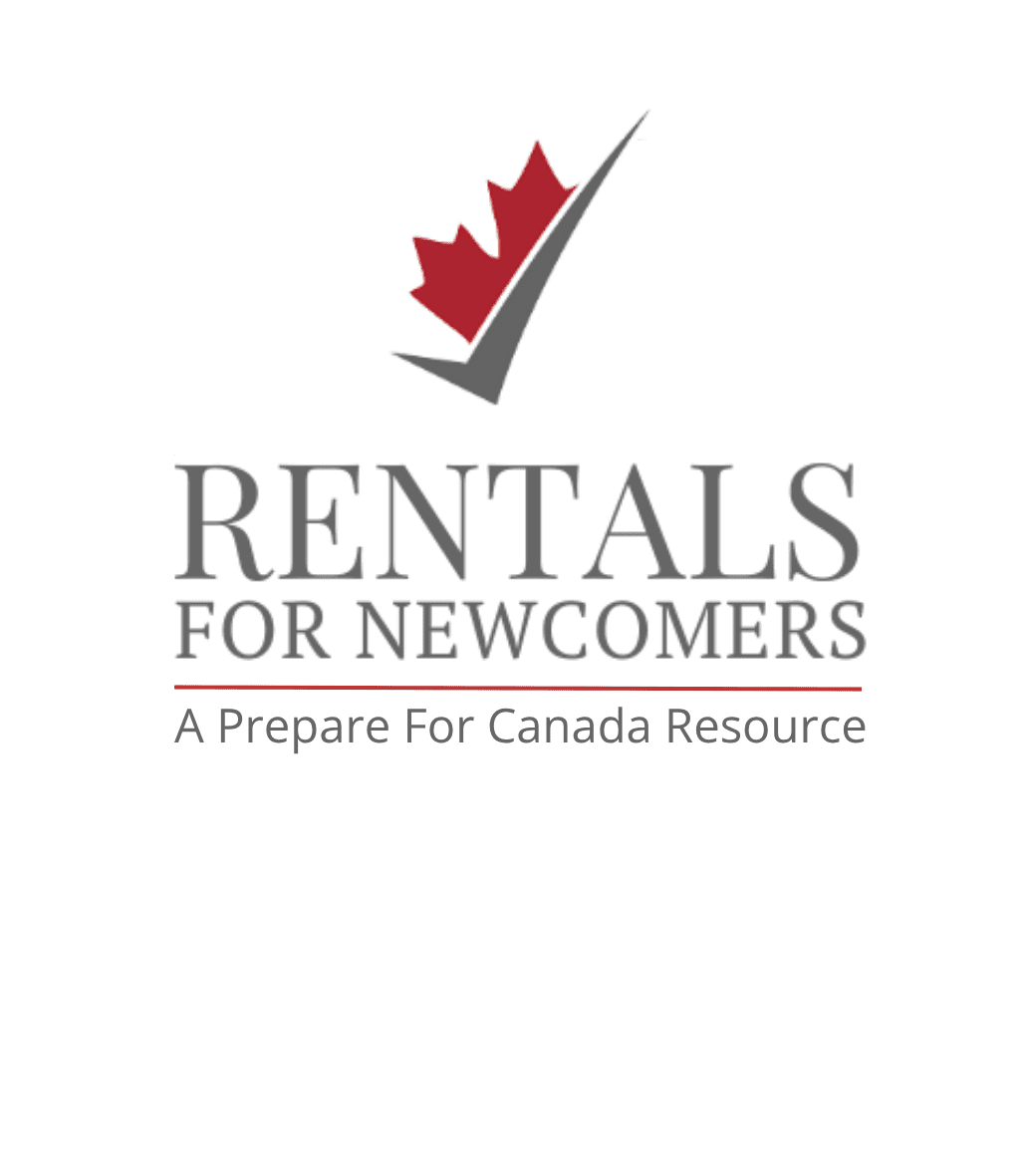Managing Money
Managing your finances effectively is a key part of settling into life in Canada. Understanding the basics of Canadian banking, exploring available financial products, and knowing where to find resources are essential steps.
Whether you’re opening a Scotiabank account or looking into different types of financial products, having the right information will help you make informed decisions. Our guides will help you navigate these financial aspects, ensuring you’re prepared to handle your finances with confidence as you start your new life in Canada.
Frequently Asked Questions about Finance in Canada
People often use credit to pay for large expenses, buy a car, or purchase a home. However, it’s difficult to borrow without a credit history in Canada. Canadian lenders typically check each applicant’s credit files at one of the main credit reporting agencies (Equifax Canada and TransUnion). Without a credit history, newcomers may need a loan co-signer with a Canadian credit rating, and considerable assets as collateral. Or, newcomers must demonstrate a history of stable income in Canada to receive a loan. Fortunately, you can start to build your credit record and history shortly after you arrive in Canada.
Upon arriving in Canada, managing money effectively is a priority.These personal finance tips can help you build a budget. It’s also important to save for emergencies and use credit effectively.
Before you leave, research the cost of living in the city where you plan to settle. While you won’t be able to estimate your monthly expenses down to every detail, it’s helpful to know the following costs: -average monthly rent – transit – basic costs for food and utility bills, and – medical insurance. While you can curb spending on things like entertainment and clothing, you will find some expenses are less flexible. You want to ensure you have enough money for essential living costs. Find out more about the cost of living in Canada. Research salary ranges for your job or profession to estimate how much you can expect to earn and compare it to the cost of living.
Opening a Canadian bank account is easy. And, if you open an international account before you arrive you can easily show proof of funds (minimum funds you need to settle in Canada). When you arrive in Canada you can visit a bank branch to set up your chequing (for daily transactions) and savings (for long-term savings) accounts. Opening a bank account at a local bank will allow you to manage your finances and avoid significant transfer fees from your accounts back home. Pick a bank close to your home or work for convenience, and it’s smart to set up online banking.
Managing Money Key Terms
is based on your credit history. In Canada, your credit score can fall between 300 – 900. A good score is greater than 680.
is a financial report card that tracks how much you borrow and how quickly you pay it back. It details the number and types of your credit accounts and is used to calculate your credit score.
is a report of your ability to repay debts and how timely you make payments. A good credit history makes it easier to get approved for loans and lower interest rates. Building credit history when you arrive in Canada is vital to get a loan or mortgage, rent a home, or obtain some finance-related jobs.
Featured Finance Content

Managing Money
Black Friday in Canada 2025: A Newcomer’s Guide to Saving Money

Managing Money
How Much Money Will I Need to Move to Canada?

Managing Money
How to Build Credit in Canada: A Guide for Newcomers

Managing Money
How to Get a Credit Card in Canada & Avoid Common Mistakes

Managing Money
How Do I Transfer Money to Canada & Ship Goods When Moving?

Managing Money
Inflation in Canada and What it Means for Newcomers

Managing Money
Boxing Day in Canada Can Save You Money

Managing Money
How to Negotiate a Salary | A Guide for Newcomers

Managing Money
Types of Bank Accounts to Save for Your Future








